Cecile was describing her experience with a local chiropractor. This is Santa Fe, so it’s not the bone-crunching style of chiropractic. It’s more gentle manipulation. “I’m sure there’s no scientific evidence behind it,” she told me, “but I know that in the year I’ve been going, my back’s a lot better, my mood has improved, and I think my overall health is better, too. So as far as I’m concerned, that’s the evidence I need.”
Hard to argue. No, it’s not science-based, nor even evidence-based (they’re not the same). Then again, I’m told that less than half of contemporary medical practice is actually rooted in evidence. There’s a movement afoot to increase the percentage, but it’s in the early stages.
Most medical practice is heavily influenced by what’s called ‘clinical experience’. I see an endocrinologist who always seems to have an interesting new piece of research to share but also relies heavily on his own experience. As in, “now this worked well with one patient who…” and “I’ve had pretty good luck with this medication…” He mixes research evidence in with other factors that a researcher might dismiss as anecdotes. Still, I find myself trusting him to winnow the research and identify what might help me.
Maybe I should come up with a new version of the Serenity Prayer:
Grant my physician the knowledge of what should work, the humility to admit when something isn’t working, and the wisdom to know the difference.”
I was involved with one residential program whose patient profile was composed mainly of people who’d already been through residential treatment a number of times, without success. Someone would probably describe them as treatment-resistant. It would have been futile to repeat things that others had already tried. Instead, this program offered up a cafe menu of alternative therapies, some fairly well-established, like acupuncture and EMDR, and others that were pretty experimental, or even a bit weird.
I don’t know that this program achieved better outcomes than any other, but in view of the patient group, that wasn’t necessarily an expectation. The goal was merely to provide an experience that helped the patient find his or her own path to recovery– whatever that might turn out to be.
The staff didn’t pretend to have all the answers. They were there to facilitate the search. As always, some patients did better than others, and often they weren’t the ones I would picked out in advance for unusual success. Likewise, some who did particularly well in treatment bombed out later.
This is an enduring mystery of recovery, and one reason why the counseling process may always remain more art than science. Whether or not we think that’s a good thing.

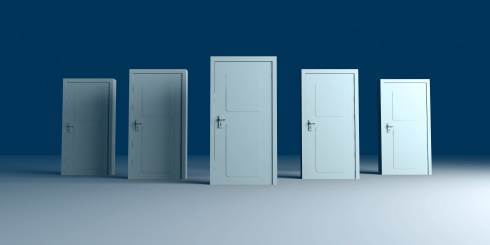
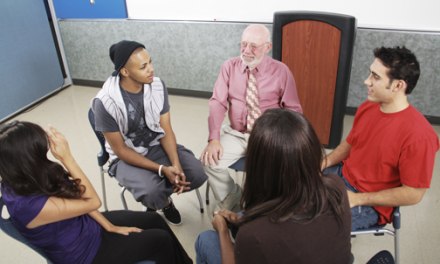
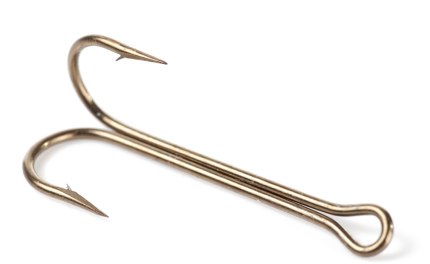
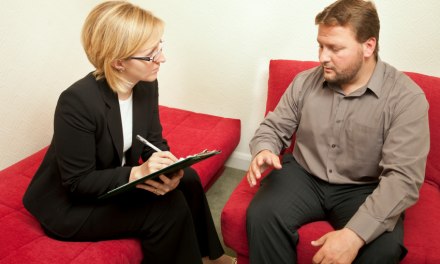
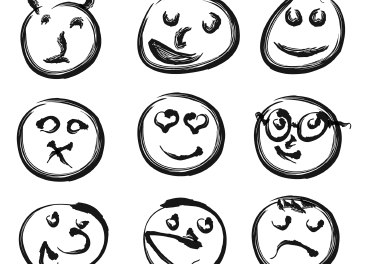








AA called it “Hitting Bottom”. In the 90’s Miller identified the Readiness to Change. What it means when all is said and done is that people need to be in enough emotional pain they are finally ready to benefit from AA, a good or bad treatment program, a counselor, a threat by a spouse to leave., or a Dr reading them the riot act.
But a counselor or treatment program…or AA, can help that process along, and maybe help someone become “Ready” to change by giving good information and no moral judgement.